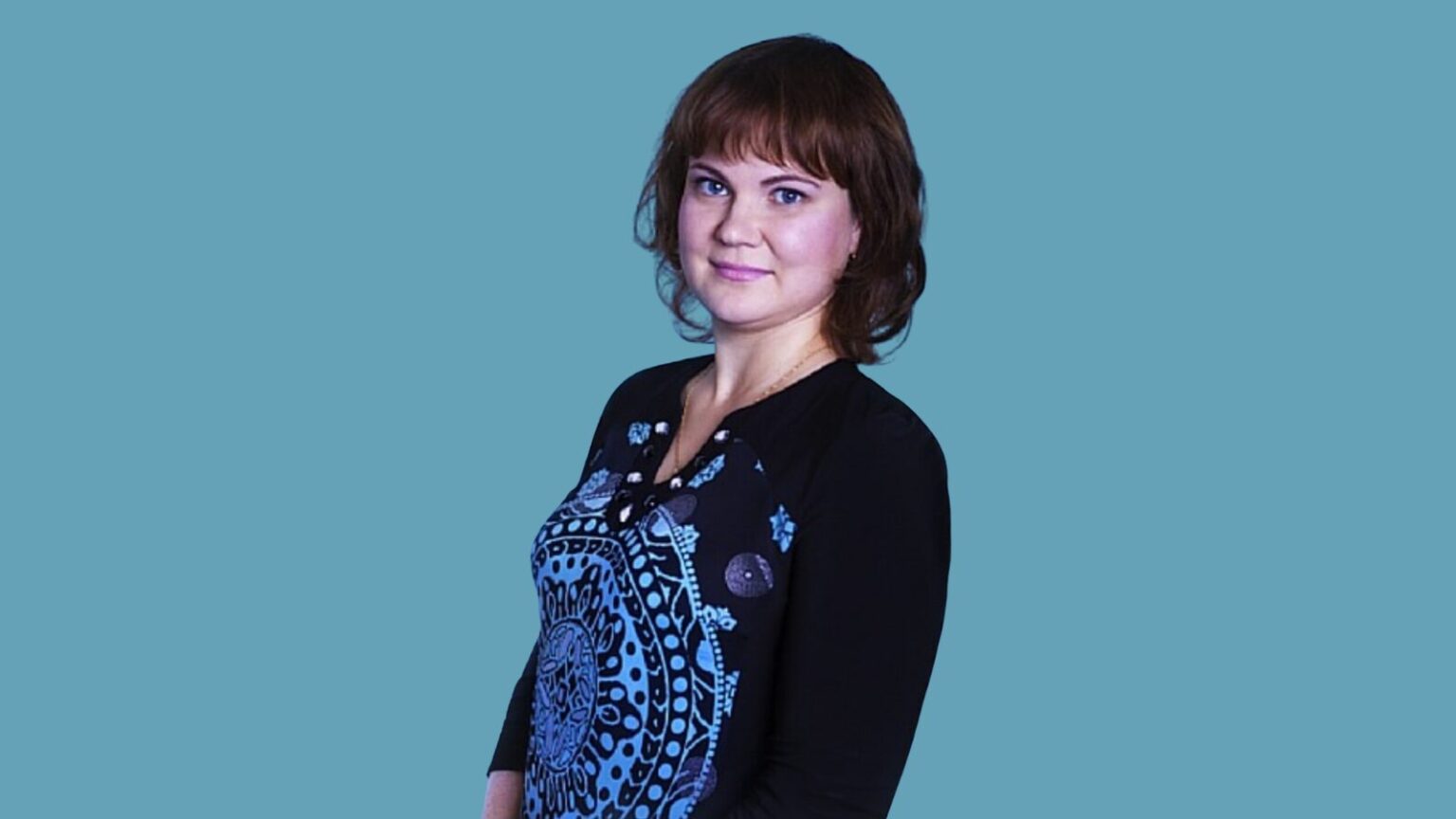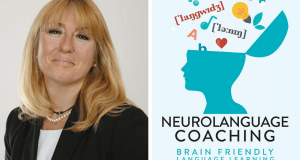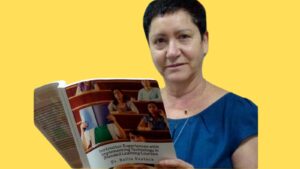Elena Matveeva – Phil Wade Interview
Elena Matveeva has been teaching English in Russia since 1998. She has taught English courses at University, given private classes to students of different age groups and taught Business English and General English courses. Now she is a freelance teacher working part-time at a language school in Yaroslavl. Her main interest lies in teaching adults.
She is a member of IATEFL and is on the Comittee of the local association of English teachers (YARTEA). Elena is an active participant of conferences, seminars and courses both online and face-to-face.
Elena is a member of my PLN who agreed to be interviewed as we both believed readers would enjoy a different perspective as a lot of the teachers I know are based in Europe.
You have a real passion for English. How do you pass that on to your students and how successful are you?
My primary goal is to teach my students to love English and to enjoy speaking it as much as I do if not more. How do I do it? Probably, by showing how they can use English outside the classroom and what they gain from that. Watching films in the original, reading books in English, listening to songs in English and actually understanding what they are about, noticing minor details and enjoying the discoveries – these are just a few things that can be mentioned here.
It is important to motivate and support the students especially at the early stages. If they don’t give up at the very beginning, if they survive the difficult times when they have to struggle till their acquire the feeling of the language, then there is a high chance that they will stay and become addicted to learning a foreign language in a good way. And I know learning a foreign language is addictive, once you start enjoying it, it’s next to impossible to stop.
What’s your opinion on the idea that TEFL is all ‘fun fun fun’? Is language learning just game after game?
I went to job interviews at some language schools and I was instructed to make every lesson fun, especially with adults who come to the class after their working days and they need to relax. I personally don’t believe in TEFL being all about fun. My adult students come to class to communicate and enjoy the company of other hard working people who are there for more or less the same reason. However, I don’t think that turning the class into game after game after game will achieve the goal. My students tell me they enjoy the challenge, they like to feel how their brain slowly wakes up and develops in the ways they might not expect. Some elements of games are surely welcome but I am against turning the educational process into just games all the way.
I believe you teach students for 3 to 4 years. How do you see them progress and are there any key moments or milestones?
I am very proud to have several groups of adult learners who have been coming to my classes for 3-4 years and are still eager to study. It is a real pleasure to see the change in their abilities and attitudes. It doesn’t happen fast, but when it does it is the best reward for any teacher. For me the most difficult thing is probably to understand their goals and to get used to their peculiarities. It takes time to create rapport. Very often adults know better or they think they know better. Many of them had unsuccessful attempts of learning English and might be disappointed, hopeless or not motivated. Some of them try to teach me how to do my job and it isn’t very easy at times to handle that.
However, after some time they start seeing the results and they start trusting me as a teacher. The most important thing is not to let them quit from the very beginning. I noticed that all of them have their ups and downs, they get a bit upset about making slow progress. That is the time when support and encouragement are needed most. From my experience I can say that it is important to provide all the support, motivation and friendliness one can give to these adult learners who are eager to find time in their busy schedules to come to class and make their brains work. I respect and appreciate their efforts and I am proud of their progress. I also noticed that enthusiasm and cheerfulness are contagious. A teacher should radiate energy for the students to be motivated.
What are your observations on fossilised errors and your approach for dealing with them?
We do the usual error-correction and with time students start noticing the mistakes of each other and correcting them. I believe that practice makes perfect and the more they come across this or that construction in speech, reading, writing, listening, the better they will become in using it.
How do you build and foster relations with students over so many years? Are you more of a friend or a teacher? Is there a line?
No matter how much I love and appreciate my students, I believe I am more of a teacher than a friend. However, the combination of both is the best. I think it is not good to cross the line and to become too much of a friend to your students. There should be a clear boundary for the students to still consider you an authority in a way. I learn a lot from my students. Many of them are older than I am, it doesn’t depend on age. I enjoy asking them for advice in spheres they might know better and that creates this warm and comfortable atmosphere, which I hope students enjoy the same way I do.
As I see it, a lot of the resources and books in ELT are British or US-centric, the exams too. Seeing as you teach in Russia, how relevant and useful do you find these and this idea of ‘soft power’?
As for me, I use mostly British resources. I believe that learning a foreign language and a foreign culture makes it natural to want to use the resources created in the country of the language I teach. My belief is that the language presented in let’s say British course books is more native. The local element can be brought in by the teacher, otherwise, why would the teacher be there? I believe more in British resources and truth be told I also have many UK and US teachers in my PLN. Somehow, I can relate to them better.
I see nothing bad in getting ready for British and American exams, because they are used all over the world and the Russian exams are actually based on the British and the US ones. I think the language should be taught in connection with culture and what is a better way to do it if not by using the resources from the country where the language originates. The teacher is there to add the local element, to foresee the mistakes which might be typical of Russians (in my case), being able to compare cultures and draw conclusions. Unfortunately, I don’t see many good ELT course books written in Russia, maybe I am prejudiced.







